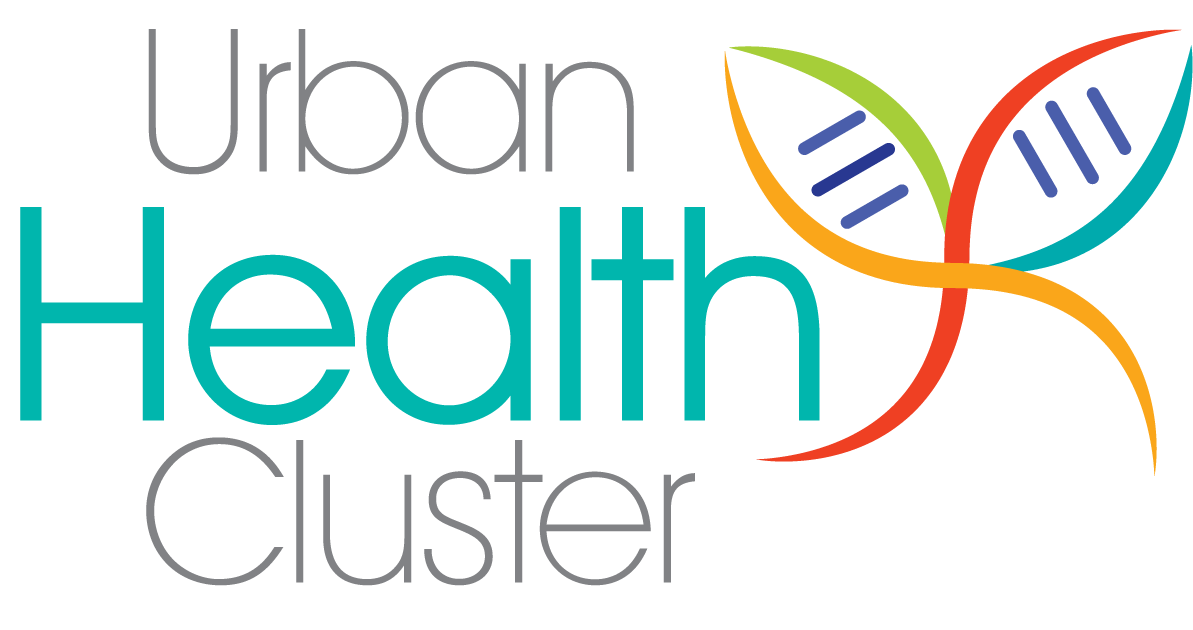Working Group 3
Data analysis and protection - digital platformsWG3 Leaders
RECETAS | HEART
Scope
This WG will examine mobile technology (mHealth), formal medical records and sensing (Internet of Things-IoT) to capture individual insights inside and beyond the current and prevailing clinical settings and the legal and governance frameworks to support access to and exchange of health data for research and policy-making activities. Three levels of analysis are considered namely data level, the analysis level and the user level.
The data level is responsible for the preparation of data consumed by the digital platforms. The data utilized are found in different the sources, formats and nature, related to the clinical data (e.g., medical history and follow ups), image annotations, biological as well as patient’s generated data. Federated storage schemes are investigated, an approach transparently mapping various decentralized storage resources into one single management system and allowing each resource to remain autonomous. An interoperability interface should be provided based on established existing standards (e.g., HL7 FHIR etc.), along with a common data model, enabling the efficient link of the data sources to the platform.
The analysis level, is implemented over a secure private cloud infrastructure incorporating all the AI-models and data analytics pipelines for processing the data sources fed from the data level and providing insights supporting informed decisions on diagnosis, evolution and follow-up of urban health events.
The user level is placed on-top of the digital platforms and it is divided into the (a) healthcare professionals and (b) simple users and c) experts (e.g. AI, environmental experts). Healthcare professional utilizes everyday practice (diagnosis, prediction and follow-up) enhancing their objectivity and supporting their decision making in efficiently management of urban health events. Simple users generate informal data structures and with the help of AI models, derived from the analysis level, further enhance data analysis outcomes. Finally, experts are capable of building new AI-driven models, decision making toolkits for a better management of urban health outbreaks.
Towards this context, we will examine the design and implementation of technology in randomized controlled trials and other study designs, examine participant/patient acceptability, privacy and security at all levels, as well as ethical issues, drawing from the experiences of the six funded projects in the cluster. We will also examine research and legislative actions within EC dedicated to making the most of digital health to provide high-quality services and reduce inequalities, examining initiatives such as the European Health Data Space (EHDS) and the European Strategy for Data and use this research to guide the research and innovation activities related to digital platforms within the UH cluster.
WG3 Contact Persons
Dr. Jill S. Litt | ✉ jill.litt@isglobal.org
Maria Kaselimi | ✉ mkaselimi@mail.ntua.gr
